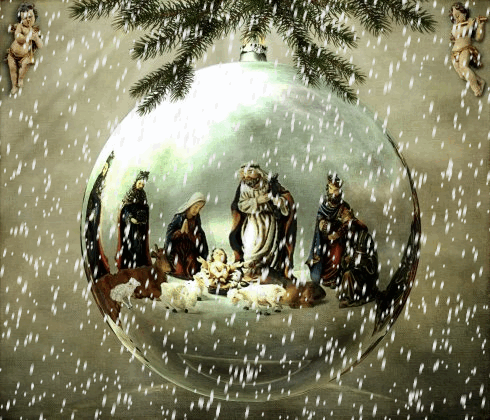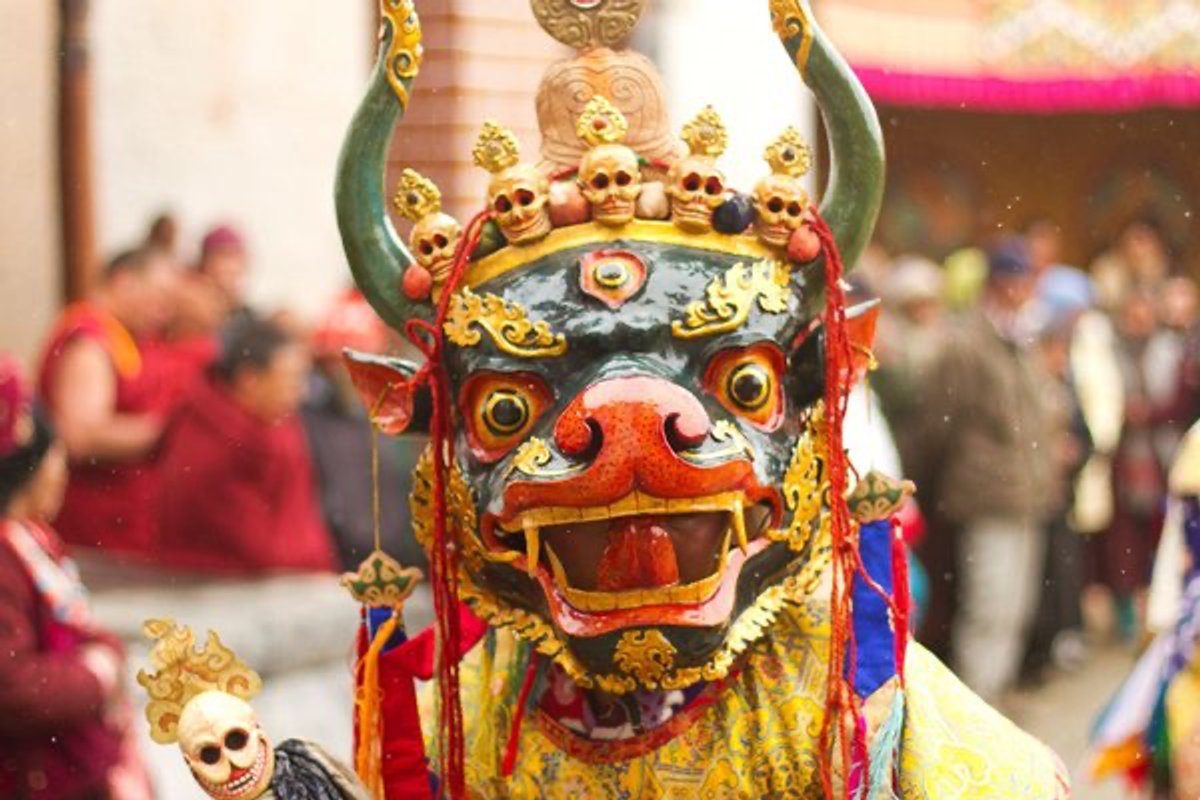Thursday 25 December Christmas Day in Norway
The celebration of Christmas in late December is certainly as a result of pre-existing celebrations happening at that time, marking the Winter Solstice.
Most notable of these is Yule (meaning ‘Feast’), a winter pagan festival that was originally celebrated by Germanic people. The exact date of Yule depends on the lunar cycle but it falls from late December to early January. In some Northern Europe countries, the local word for Christmas has a closer linguistic tie to ‘Yule’ than ‘Christmas’, and it is still a term that may be used for Christmas in some English-speaking countries.
Several Yule traditions are familiar to the modern celebration of Christmas, such as Yule Log, the custom of burning a large wooden log on the fire at Christmas; or indeed carol singing, which is surprisingly a very ancient tradition.
Most Norwegian towns and cities have Christmas fairs and markets, seasonal concerts and performances at this time. Oslo’s largest Christmas market is the one at the Folk Museum on Bygdøy. Bergen, meanwhile, is famous for its Gingerbread Town, which is erected on Torgallmenningen every year.
The mining town of Røros in eastern Norway is a truly magic place to visit in December, and Tregaarden’s Christmas House in Drøbak is a must-see as Scandinavia’s only permanent Christmas shop.




